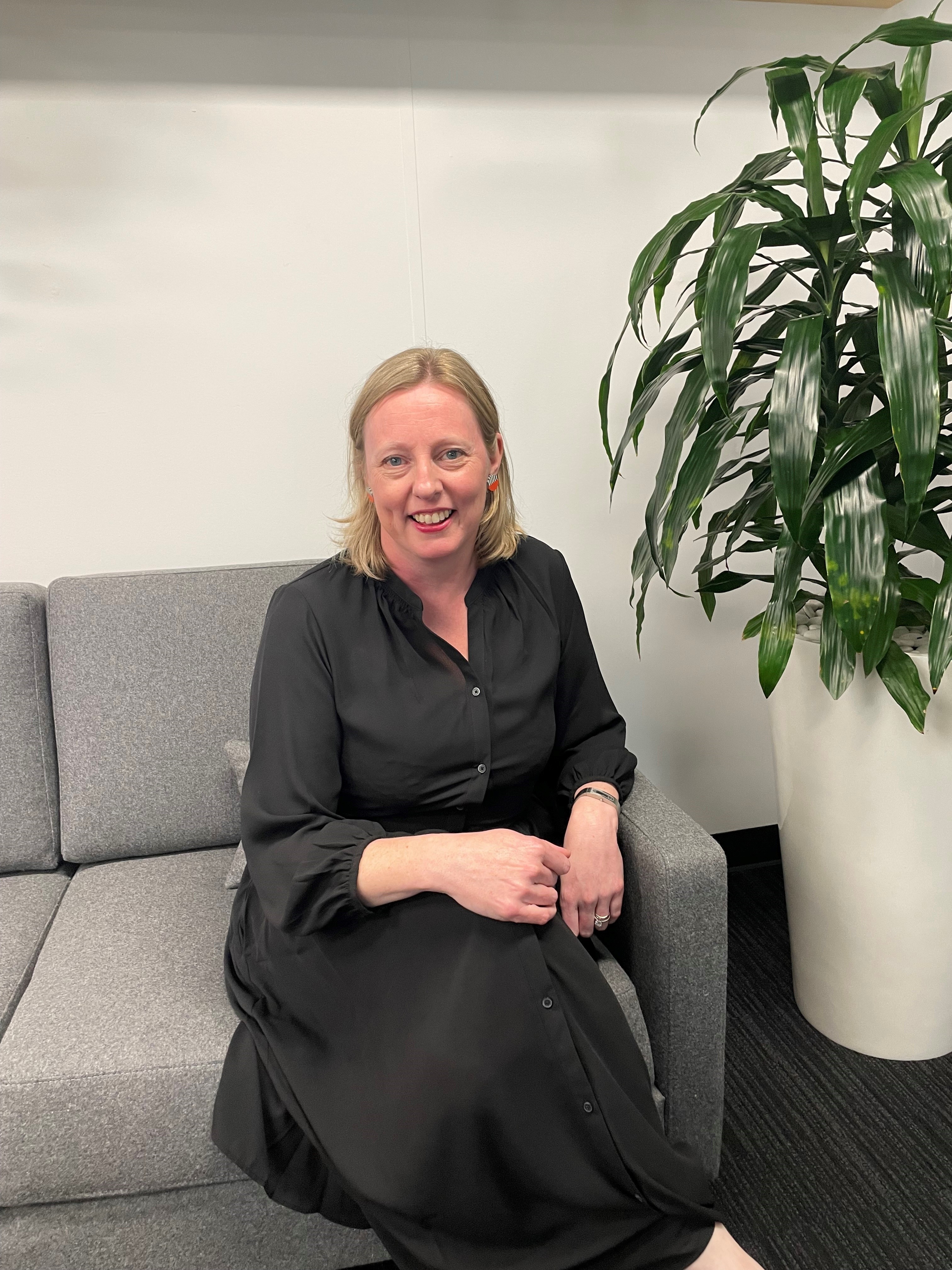Ruth is a Senior Emergency Department Specialist within Central Adelaide Local Health Network and the Statewide Virtual Care Service. She graduated from Imperial College London in 2000 and completed her training in Emergency Medicine in 2013.
Ruth is the newly appointed Clinical Lead for the Statewide Urgent Care Clinical Network, at the CEIH.
Tell us about a memorable highlight in your career so far.
These are many and varied. From walking across the stage at The Royal Albert Hall as I graduated as a doctor, to the feelings of satisfaction knowing that you have played a part in providing good compassionate care to patients. From passing Fellowship exams, to being an effective advocate in the patient journey. From working in a rural clinic in Zimbabwe, to leading a trauma team at a large trauma centre. I feel very privileged to have had the opportunity to follow a career in Medicine.
What skills do you bring to the role as the Statewide Urgent Care Clinical Network Lead?
My commitment to follow a career in Emergency Medicine, partly due to a love of team work, means I bring the skills I use as an Emergency Medicine Specialist on a daily basis. I lead in a dynamic environment and rely on common sense, strategic thinking, problem solving and flexibility. The Emergency Department, by its very nature, can be a complex environment and playing my part in coordinating a multidisciplinary team with a goal of providing patient centred care is a privilege. Addressing complex, challenging cases relies on excellent communication skills, collaboration and utilising the team’s skills for the best outcomes for patients. I think these skills, honed in the ED, will be relevant as I lead the Statewide Urgent Care Clinical Network.
Where do you see opportunities for innovation and improvement in the Urgent Care specialty?
This is an exciting opportunity to make a difference to patients that span a wide spectrum of our health care service, whose needs could potentially be better met in an alternative environment to the one they find themselves. The potential for care to go to them, rather than the other way round. The expansion of virtual care that was kick started by the COVID-19 pandemic is one that excites me and has potential to address some of the issues around the access to urgent care including those patients in rural and remote areas.
What is your experience and approach in working with stakeholders, particularly consumers, carers and community?
Our human-ness and connection to community makes all of us at various points consumers or carers. I think it is particularly important to engage with those consumers, carers and community because our perspective as clinicians around priorities can be at odds to those our service is created for. My experience on a Reconciliation Action Planning committee which had participation of consumers and my interest around creating a culturally safe environment within ED, has highlighted the importance of this to me.
Tell us something you’re happy to share from your life outside of work, or something most people don’t know about you!
I love a beach walk with my miniature Dachshund and a Double Doodle!
To read more about the Network, see Statewide Urgent Care Clinical Network.
